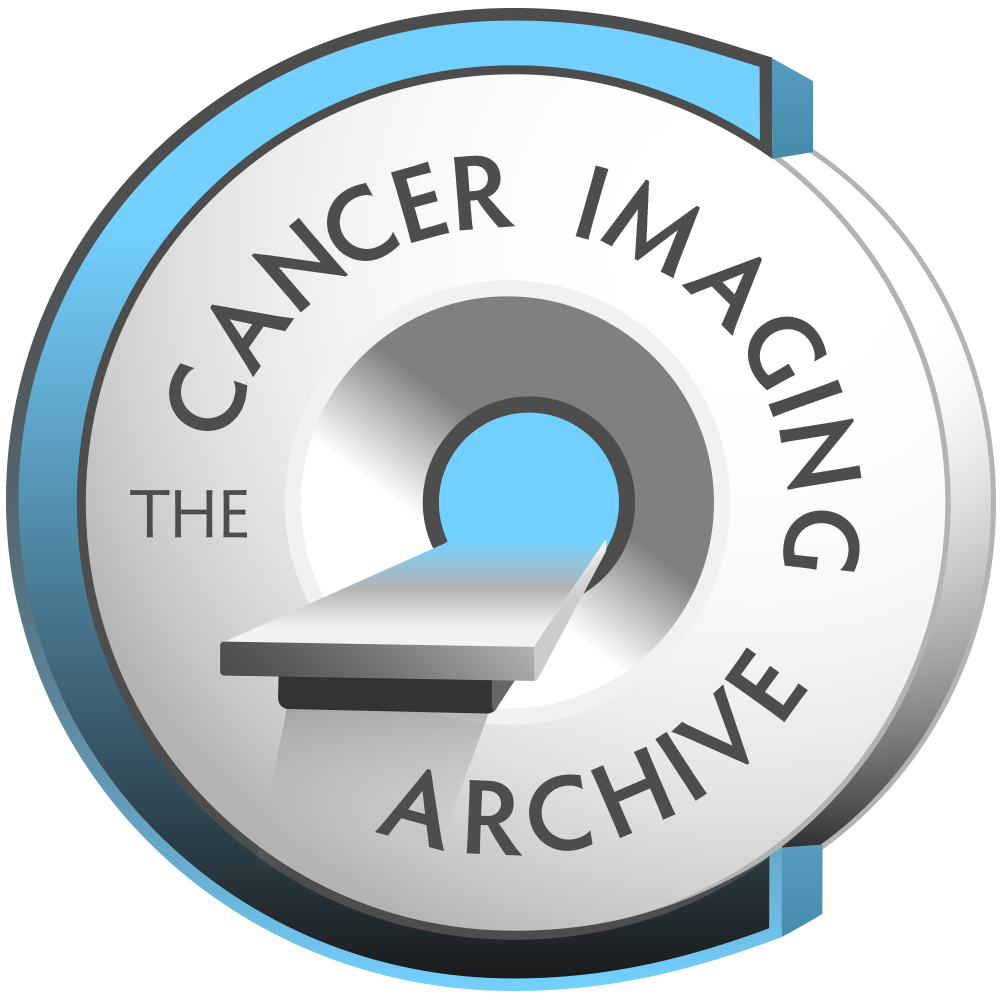TCIA Announcement

Built on a continuous partnership between National Cancer Institute’s (NCI’s) Cancer Imaging Program and the Clinical Proteomic Tumor Analysis Consortium (CPTAC), NCI’s The Cancer Imaging Archive (TCIA) releases a newly improved CPTAC histopathology interface.
The interface hosts histopathology imaging generated by CPTAC, with matched radiology imaging in TCIA. Significant performance improvements have been made to the platform in response to feedback from the community, providing enhanced functionalities to query pathology report details, download, share and view slide images from approved CPTAC cases.
What’s New?
- Searchable report headers - ‘Case ID’ and ‘Slide ID’
- Linked searches across pages – ‘Specimen Data’ and ‘Slide Browser’
- Case and slide links to pathology images in Path Viewer and radiology imaging in TCIA
- Data dictionary with report header descriptions
- Downloadable and shareable queries
Quarterly Batch Release – New Data Now Available
This newest release of histopathology imaging data includes 371 pathology slides. Data currently available: 4183 pathology slides across 10 cancer types.
For more information visit: https://cancerimagingarchive.net/datascope/cptac/home/
About TCIA: TCIA is an open resource that acquires and stores clinical radiology and pathology images along with follow-up clinical data. De-identified data is hosted on the TCIA site and will be made available as a community resource for researchers. The data are organized as “Collections”, typically patients related by a common disease (e.g. lung cancer), image modality (MRI, CT, etc) or research focus. DICOM is the primary file format used by TCIA for image storage. Supporting data related to the images such as patient outcomes, treatment details, genomics, pathology, and expert analyses are also provided when available.

